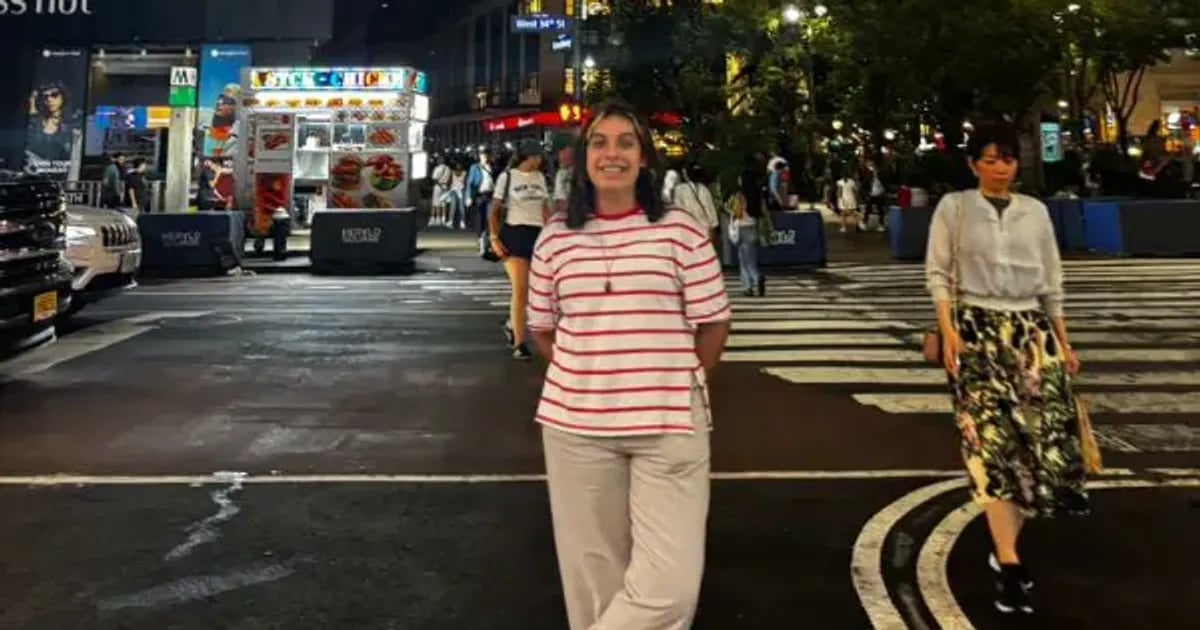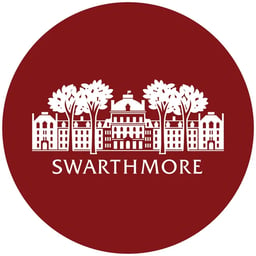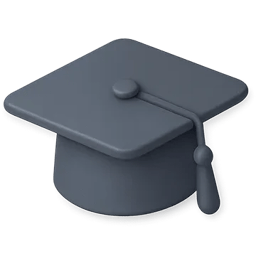Introduction
Hi! My name is Rema Ghanem, and I’m from Latakia, Syria. I’m 19 years old and took a gap year before applying to colleges in the U.S. I currently attend Swarthmore College. I applied as a music major, but I’m still undecided. I’m also interested in psychology, peace and conflict studies, and sociology, so I might pursue one of those fields instead.
I’ve been playing the piano since I was four years old, and I’m taking private piano lessons this year at Swarthmore. I also play soccer and table tennis. My mother is really interested in silk making, and I used to help her with it.

My Decision to Study Abroad & SYE Experience
Before applying to SYE, I used to think that I didn’t want to study in Syria. I had considered attending the Higher Institute for Music in Damascus, but I felt I would rather study somewhere else. There was a music academy in Berlin that I applied to, but I was rejected. At that moment, it felt like, “It’s so hard; I’m not going to be able to do it.”
Then I applied to SYE after seeing some of my friends do the same—and I got in. After that, I started working hard, mostly because of peer pressure; everyone around me was putting in so much effort that I felt I needed to do the same. It turned out to be a great opportunity, and I made the most of it.
I truly appreciate SYE not only for the College Apps mentoring but also for the strong sense of community. I now have this circle of friends, both in the U.S. and in Syria, who are always there for me.
ED 1 Selection Journey
At the beginning, my Early Decision I options were Pomona and Swarthmore. I was originally planning to apply to Pomona, but I ran into some issues with my Duolingo English Test (DET). I wasn’t able to take it before the ED I deadline, so I decided to switch to Swarthmore, since they don’t require the DET.
Thankfully, their deadline was November 15, which gave me enough time to write Swarthmore’s supplemental essays. Another reason I chose Swarthmore as an ED I option was its beautiful natural surroundings—especially the Crum Woods and the amphitheater. I also really liked the music program.
My Application Theme
I had four extracurricular activities related to music, and my personal statement was about music as well. I also submitted an art portfolio featuring videos of me playing, so it was truly a musical application. I remember that my activities included being in the chorus and several bands, studying music at the Mahmoud Al-Ajjan Music Academy from the age of seven until I was eighteen, and teaching music during my gap year. During that time, I taught several students and helped them overcome their stage fright.
Writing Process and Supplemental Essays
When I started writing the supplemental essays for Pomona, I felt that I still needed more time. My ideas weren’t fully developed; I was just writing about random things from my life. When I decided to change my Early Decision school, I thought, “I need to find new ideas to write about.” That was something my mentor helped me with. She told me I needed to choose topics that would make the admissions officers feel that my experiences were truly interesting, not just ordinary things that happened to me.
My Pomona essays were all about music, which wasn’t bad, but I knew the admissions team would want to see other sides of me. For Swarthmore, I changed my community essay to focus on soccer—how I played as a girl in my neighborhood, where everyone else was a boy, and how I eventually encouraged other girls to join me. My second essay was about silk, which I connected to my identity. That one turned out really well. I honestly enjoyed writing both essays.
It felt more like I was discovering new parts of myself rather than just writing to get into college. I used to leave my family and find a quiet corner where I could sit alone to write or brainstorm. I kind of regret that now, because I miss the time I used to spend with them. But I also know that I would never have gotten here without those moments of solitude.
Scholarship and Financial Aid Process
I am on a full need-based scholarship. For Swarthmore’s financial aid application, you submit the CSS Profile after being accepted. The process isn’t need-blind, but the college doesn’t consider your financial need until after you’ve been admitted.
One Thing
..I wished I knew about the admissions process before I started applying
When I was writing my Pomona essays, I didn’t really know how to make sure I showed every part of my personality. I wrote entirely about music, even though I could have written about soccer or other aspects of who I am that I wanted colleges to know. If there’s one thing I would tell other students, it’s to take their time to think and brainstorm. They should figure out what the main focus of their essay will be, understand what they truly want to say, and make sure it’s something that helps the admissions team see why they deserve a place at that college.
…that was my biggest support or motivation throughout this whole process
My family. In tough situations, they were always there for me—whether it was dealing with a lack of internet and electricity or other challenges. When it wasn’t really safe to go out much, they would accompany me to cafés or study spaces where I could work. I had a few moments of breakdown because of the pressure, and they were always supportive. I never expected my family to be my only source of support, but they truly were. I think people, in general, should appreciate their families more.
..I would describe my academic journey in
That is definitely from a personal perspective, but I'm going to say Destiny.
Academic Life At Swarthmore
At Swarthmore, the first semester is pass/fail, meaning there are no letter grades factored into the GPA—you either pass or fail. Students usually take four courses per semester, but because it’s pass/fail, some choose to take five or more to earn extra credits. I decided not to do that. Instead, I used the extra time to enjoy the semester and focus on adjusting to the new education system, especially learning how to stay disciplined and take good notes.
I’m taking 4.5 credits this semester, 2.5 of which are music-related. I’m enrolled in music theory, taking private lessons, and participating in the choir. Outside of music, I’m taking a writing course in Peace and Conflict Studies and an Introduction to Psychology course. Next semester, I’ll probably take a sociology class along with another music course.
My Goal for Studying Music
I want to use music to make an impact on people. That’s probably what every music major hopes to do, to create change through their art. I’ve always had this feeling that I want to do something no one has done before me. I’d say I’m still on the journey of discovering what that will be.
Social Life and Adapting to Swarthmore and the U.S.
I arrived in the U.S. a month before my program started because there were concerns about the travel ban, and we were worried it might affect my ability to reach Swarthmore. I decided to go early just to make sure I made it safely. It turned out to be helpful, since my mentor and some friends in the U.S. helped me set up a bank account, get a phone number, and take care of everything I needed. By the time I got to Swarthmore, I was already a step ahead of most other students. I had my bank account and phone number ready, which made things much easier.
During international orientation, the students were incredibly welcoming. The international community at Swarthmore is genuinely supportive; everyone understands that each student is going through their own challenges, and they try to help as much as they can. However, after spending so much time with other international students, it felt a bit harder to connect with domestic students once they arrived. Even now, I still find it easier to talk with international students than domestic ones. But overall, the transition was much smoother than I expected. I thought it would be much harder to adjust and fit in.
Advice for Prospective Students at Swarthmore
What I’m going to say comes from the mistakes I made. First of all, don’t be afraid to ask questions, even if they seem silly. You don’t want to end up two months into classes still wondering about something everyone else already knows. Also, don’t be afraid to step out of your comfort zone and talk to people, even if it feels unfamiliar. During orientation, a lot of students came up to me and genuinely wanted to get to know me, but I felt intimidated because I wasn’t used to that kind of openness back in Syria.
So, to prospective students at Swarthmore, my advice is to engage more and step outside your comfort zone—you really don’t need to stay in it.
Syria & Traveling Experiences and Lessons
Things I Wished I Did More Before Traveling
In the period between getting accepted and actually traveling, I wish I had visited more places. For example, I didn’t go to the sea before I left. Since Latakia is a coastal city, I grew up by the sea, and it honestly hurts that I didn’t take the time to sit in front of it one last time. I also wish I had visited Damascus or Aleppo. It had been part of my plan to see Suwayda, Aleppo, and Damascus before traveling, but I couldn’t make it happen. Since I spent most of that time at home, I now wish I had used it to learn more about life in the U.S. before arriving. When I first got here, I didn’t even know how to use a credit card—or what a credit card really was. It’s painful to realize that something so basic in the U.S. isn’t commonly known in Syria. I also wish I had learned how to take the metro or even memorized the states. Those things would have been really helpful.
Advice for Syrian and International Students Starting Their Studies Abroad
If you end up getting into college and start packing your bags, make sure to include a lot of small, random things that can serve as souvenirs or reminders of home. For example, my mother used to leave us notes every morning with chores to do, like cleaning the fridge or other tasks to help us stay productive instead of spending the day on our phones. I still have a few of those notes on my wall today. One of them is actually from 2012, and it helps me so much; when I look at it, I feel more motivated and ready to get things done.




